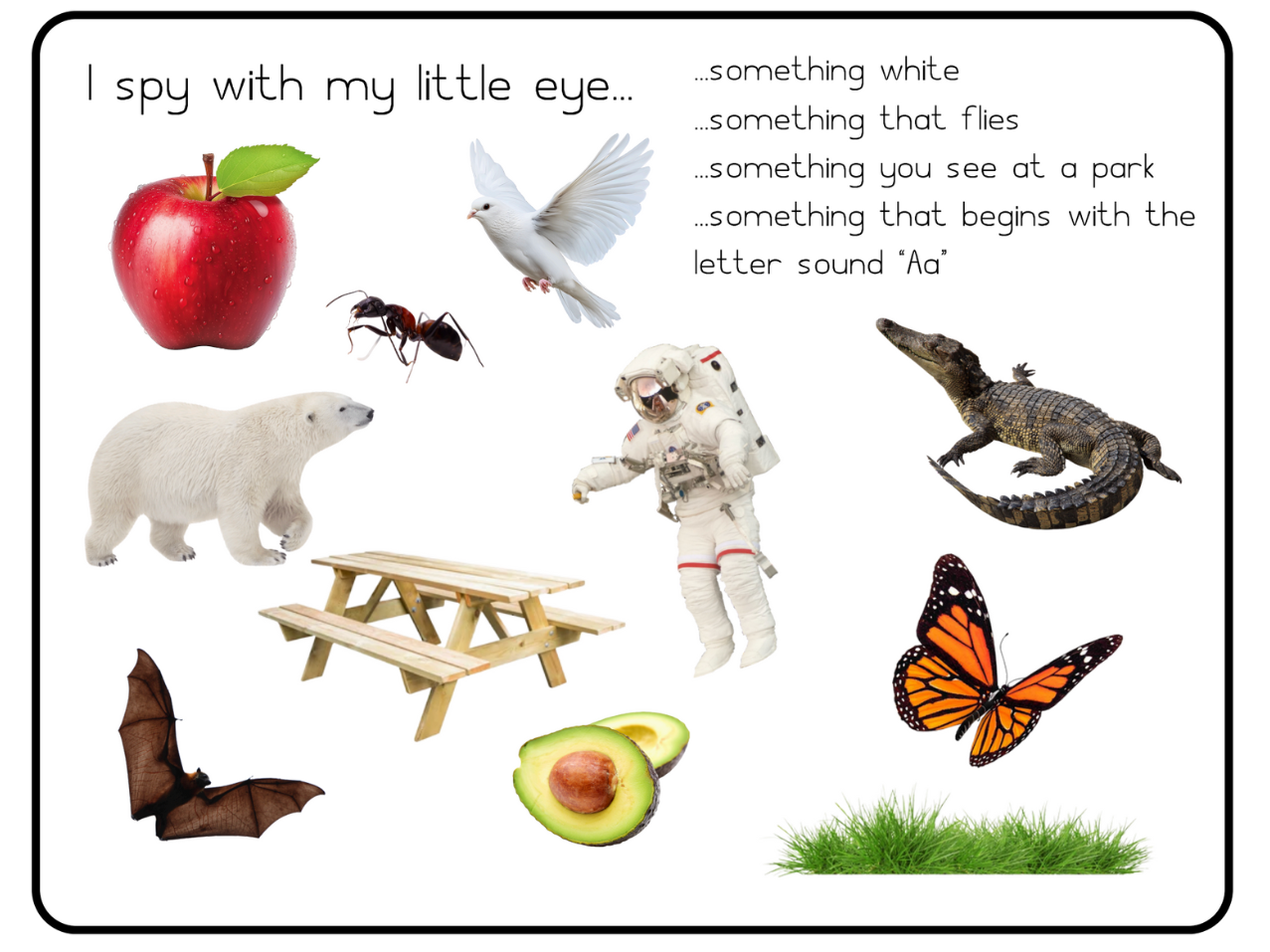Menu
-
-
Shop Holiday Items
-
Shop Gifts By Age
- Gifts For a 0-6 Month Old
- Gifts For A 6-12 Month Old
- Gifts For A One Year Old
- Gifts For A Two Year Old
- Gifts For A Three Year Old
- Gifts For A Four Year Old
- Gifts For A Five Year Old
- Gifts For A Six Year Old
- Gifts For A Seven Year Old
- Gifts For An Eight Year Old
- Gifts For A Nine Year Old
- Gifts For A Ten Year Old
-
Shop Gifts By Budget
- New Arrivals
-
Toys
- Large Active Toys
- Animal Toys
- Arts & Crafts
- Award-Winning Toys
- Bath Toys
- Birthday Wishlists
- Building Toys
- Cars, Trains, & Trucks
- Games
- Instruments
- Loose Parts Play
- Loot Bag Toys
- Made in Canada
- Outdoor Toys
- Pretend Play
- Puzzles
- Sensory And Fidget Toys
- Sensory Bin Tools & Fillers
- STEM Toys & Activities
- Toronto-Themed Gifts
- Travel Toys
- Wooden Toys
- Waiting Room Toys & Furniture
-
Montessori Materials
- Montessori At-Home Program
-
Montessori Furniture
-
Bundles & Sales
-
Books
-
Shop By Age
-
Shop By Brand
- Brands A-F
- Brands G-L
-
Brands M-R
- MagicPlaybook
- Magna Tiles
- Make Believe Ideas
- Makedo
- Manhattan Toys
- Math for Love
- Milaniwood
- MindWare
- Mojo Toys
- Moluk
- Moulin Roty
- Native Northwest
- nic
- Nienhuis
- Ooly
- Opinel
- Ostheimer
- Papoose
- Peaceable Kingdom
- Plan Toys
- Plus-Plus
- Preschool Collection Watches and Timers
- Ravensburger Puzzles
- Real Life Pages
- Brands S-Z
-
- 866-901-4696
- Gift Registry
- Login


4 Steps To Improve Your Child's Listening Skills
3 min read
And when there are good strategies - they often take a lot time and patience to work effectively.
...Unfortunately it's the same when helping your child to develop their listening skills.
Helping children to understand consequences and follow directions is not an easy or quick process.
The goal is to try and be as consistent as possible so that they eventually stop testing you and learn "I have to listen to mom/dad when they're speaking to me."
4 Steps To Improve Your Child's Listening Skills
1) Get down on their level, as much as possible.
When speaking to a child, it's helpful if you get down on their level so that you're eye to eye with them.
Make eye contact and wait for them to look at you before speaking. In the Montessori classroom, teachers might say something like "I need to see your eyes before I give you this message. I will wait until you look at me." And then you wait.
It can be tough to wait and there's a chance a child who is struggling with listening will test whether or not you're serious, but stay firm and try to keep your emotions out of it. You're just sitting there, waiting, offering gentle reminders every minute or so that you're waiting to see their eyes.
In the Montessori environment, teachers will get down on the child’s level when speaking with all of the children, not just the ones who have trouble listening.
It’s a sign of respect to give someone your full attention when speaking to them so in the classroom, this is how teachers regularly speak to the children.
This is something that Princess Diana also did when speaking with children :)

I do think it's important to note that direct eye contact can be interpreted differently by different cultures. In many Indigenous communities, too much eye contact can be considered to be rude and confrontational.
In some communities, it is not customary to maintain much eye contact with authority
figures.
So while having a child make eye contact can be a useful way to ensure they've heard you, it's also important to be sensitive each child's cultural background.
2) Sometimes children need to be motivated to listen.
The reality is that sometimes children don’t follow instructions simply because they don’t want to.
If you can connect what you're asking to something your child cares about, it might help. That might sound like: "First we clean up, then we can go outside"or "First we're going to _____, then you can watch _____."
The key here is they need to listen, and the natural consequence of not listening is that they just don't get to do that second thing.
The other thing to keep in mind is that it takes longer for young children to process information. If you make a request, wait a few seconds (count to 10 slowly in your head) before asking again.
When we ask a child the same thing repeatedly, it can often become a power struggle because they realize that this is something you really want them to do.
In the classroom, teachers would matter-of-factly say, "Okay, I can see that you're not listening to me right now. We will wait until you're ready."And then you wait. Teaching children how to listen requires a lot of waiting…
3) With matters of safety, there's no flexibility with listening.
If your child is repeatedly behaving in an unsafe way, the "consequence" is that they have to stay close by until they are ready to listen.
With this you can be firm but also understanding.
You can say something like, "I'm going to stay close to help you stay safe. When you're ready to listen, you can try again on your own."
It’s not a punishment, it’s just a way of calmly reinforcing that safety comes first, and that you're there to help them, not control them.
Staying with your child, rather than sending them away, also shows that you're on their team, even when things are hard.
4) When the child does listen, acknowledge it and offer praise.
Praise is a topic of debate in Montessori, but when a child is working hard to develop a skill, like listening, it can help to recognize their effort in a meaningful way.
In the classroom, the teacher would say something like "Wow! You were listening to me and that is SO helpful!"
It’s not about overpraising, but about showing appreciation and helping the child feel capable and connected.
Simple, specific feedback like this lets them know their actions have a positive impact. You won't have to do this forever, just while they're learning the importance of listening to you.
Join Our Montessori Community
Sign up to get weekly activities, free printables, Montessori parenting guidance, and so much more.
Plus, get $10 off your first order of $100+.
Like this article? Get new articles, weekly activities, free printables, Montessori parenting guidance, and so much more.
One mom recently shared:
"Your newsletter is always SO great. It is one of the few I open and read weekly. You provide so much value. Thank you!"


